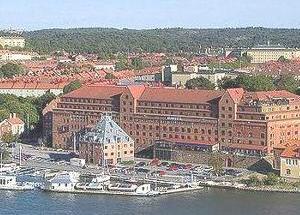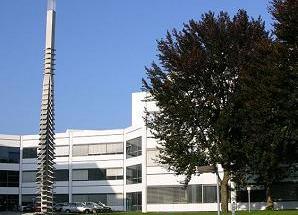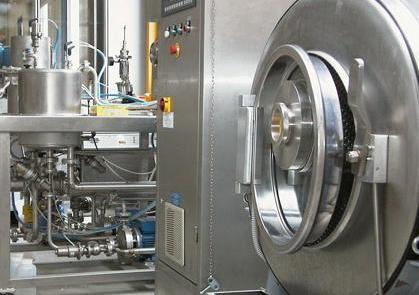|
PLM Interest Group |
||||||||||||||||||||||||||||||||||
|
|
|
|
||||||||||||||||||||||||||||||||
|
|
|
||||||||||||||||||||||||||||||||
|
|
|
|
||||||||||||||||||||||||||||||||
|
PLM Standardisation Workshop Series
PLMIG Initiative In 2010 the PLMIG addressed the issue of the lack of internationally-agreed standards and qualifications for PLM, and started an initiative to bring people together to generate them. The process was launched by holding the first PLM Standards Workshop in Oxford, UK. The emphasis then expanded to PLM Standardisation, with the aim of formalising best practice and embedding it throughout the enterprise-wide implementation. The PLM Standardisation Initiative continued with further workshops in Gothenburg, Munich, Milan and London, and has generated a new methodology for effective PLM standardisation that can be applied in any company or PLM implementation. Oxford Workshop
The PLMIG therefore set up an interlinked series of PLM Standardisation Workshops that would run through Sweden, Germany, Italy and the UK. Gothenburg
The Workshop took the ideas in the CEO Briefing Document and developed them into an enterprise-wide framework that would eventually become the PLM Governance Standard. Munich
Focal points included PLM in the military and defence industries, and the full-lifecycle impact of MRO. The participants in Munich also reviewed the whole PLM standardisation structure, and laid the foundations for the PLM Best Practice Library. Milan
The PLM Handbook for SMEs is now a stand-alone manual that enables small and medium-sized companies to position themselves and adopt PLM accurately. London
The Workshop at the IMechE worked on ways of expanding the adoption of PLM within companies, as well as across industries, and added the final material that enabled the PLM Governance Standard to be published as a finished document. Series Completion
To bring together all of the results from the 2011 series, the PLMIG ran a Standards Implementation Workshop in February 2012 to show how to apply PLM Standards and PLM Best Practices in real commercial environments.
The Workshop not only produced a clear picture of how standardisation can be applied within PLM implementations to best effect, but also established a straightforward methodology for achieving it. Standardisation Structure
The Workshop Series showed that there is no standard structure for a PLM implementation. Every organisation's PLM environment is different; and so the elements that it standardises will also be different. In that respect, it is a bespoke activity. However, the Series also showed that there is a standardised methodology for actioning this bespoke activity - in other words, though each company's internal PLM standardisation is specific to itself, the method of applying the standardisation is general best practice. This optimal approach is based around the de-facto PLM Standardisation Manual and is covered in detail on the main PLM Standardisation page. © Copyright 2025 PLM Interest Group |
|||||||||||||||||||||||||||||||||
| <<< Return Home | ||||||||||||||||||||||||||||||||||
|
|
|
|
||||||||||||||||||||||||||||||||
|
|
||||||||||||||||||||||||||||||||||










